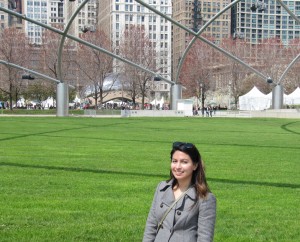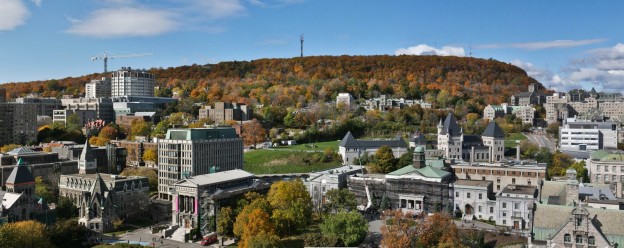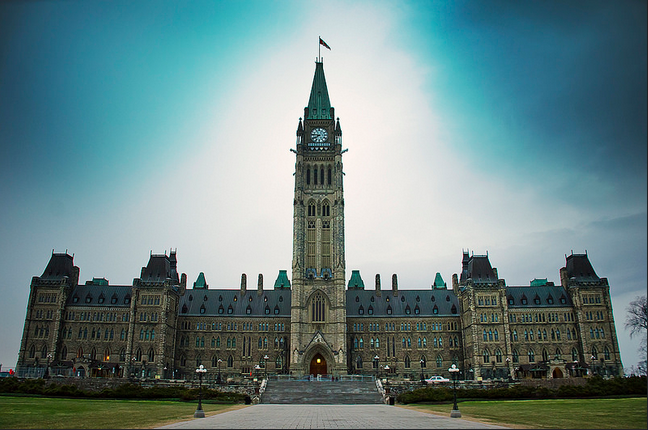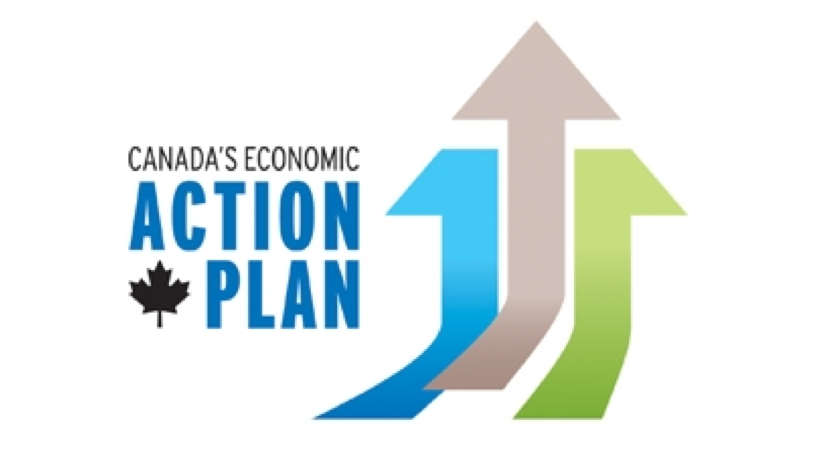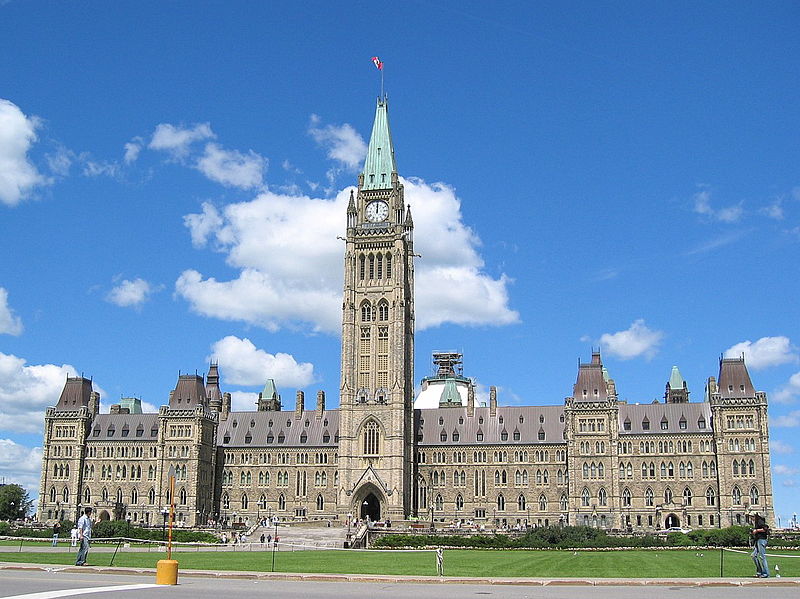
Edmonton is working to be on par with the world’s smart cities through an open city initiative that will revolutionize the life of the city’s citizens.
By Drew Bush
In our third edition of Geothoughts, we’re excited to bring you an interview with Yvonne Chen, a strategic planner for the city of Edmonton’s Open City Initiative. You can also subscribe to this podcast by finding it on iTunes.
In this interview, we talk with Chen about what it means for Edmonton to be on par with the world’s smart cities, the open city initiative due before the Edmonton City Council and future projects that will revolutionize the life of the city’s citizens.
Thanks for tuning in. And we hope you subscribe with us at Geothoughts on iTunes. A transcript of this original audio podcast follows.
TRANSCRIPT OF AUDIO PODCAST
Welcome to Geothoughts. I’m Drew Bush.
[Geothink.ca theme music]
Edmonton’s City Council has yet to consider an Open City Initiative that may cement the city’s status as one of the world’s newest smart cities. But as we wait for the council to take action, we bring you a deeper look at the Initiative from Yvonne Chen, a strategic planner for the city who has helped orchestrate the Initiative.
“Edmonton is aspiring to fulfill its role as a permanent global city, which means innovative, inclusive and engaged government. So Open City acts as the umbrella that encompasses all the innovative open government work within the city of Edmonton.”
That was Chen in an article published on Geothink.ca a few weeks ago. Her work on the initiative follows close on the heels of a 2010 decision by city leaders to be the first to launch an open data catalogue and the 2011 awarding of a $400,000 IBM Smart Cities Challenge award grant.
In March, the city cemented a partnership with Startup Edmonton when they announced the Open Labs project to connect city staff with the six-year-old group to work on solving problems using the city’s data. Startup Edmonton’s aim is to bring developers, designers, makers, founders, investors and mentors together in one place with a goal of using their strengths collaboratively to encourage the development of startup companies based on technological innovation.
For the city, some initiatives have included using advanced analysis of open data streams to enhance crime enforcement and prevention, and interactive neighborhood maps that will help Edmontonians locate and examine waste disposal services, recreational centers, transit information, and capitol projects. In fact, one of Edmonton’s most notable projects has included providing free public Wi-Fi around the city’s LRT stations, with plans for an expansion to all trains and tunnels.
However, not all of the city’s efforts have worked exactly as planned. In particular, questions have been raised by the city council about the sheer volume of smartphone applications that have been developed by the city and the efficacy of some of them. City officials believe the collaboration may serve to fix this, or at least reduce the cost of when they don’t work as planned, according to The Edmonton Sun.
For Chen, the release of the Open City Initiative represents the culmination of years of work.
“My role throughout this entire release was I was helping to conduct the public consultation sessions, I was analyzing information, and I was writing the Open City initiative documents as well as a lot of the actual policy itself.”
In fact, the document outlines city policy, action plans for specific initiatives, environmental scans (or reviews), and results from public consultations on city initiatives. More than 1,800 Edmontonians commented on the initiative last October before it was revised and updated for the Council.
“The city of Edmonton’s Open City Initiative is a municipal perspective of the broader open government philosophy… It guides the development of innovative solutions in the effort to connect Edmontonians to city information, programs, services and any engagement opportunities.”
Like many provincial and federal open city policies, the document focuses on making Edmonton’s government more transparent, accountable and accessible. Unlike such policies, Chen said, it also focuses on including citizens in the design and delivery of city programs and services through deliberate consultations, presentations, public events and online citizen panels. In fact, more than 2,200 citizens are on just the panel asked questions by city officials as they design the initiative’s infrastructure.
And just as the Canadian Government celebrated it’s second annual CODE Hackathon this past February, Edmonton hosted its second annual city hackathon on February 21st.
“We had more than fifty participants actually stay the whole day and develop different mobile applications and other projects. Some of the more technological-based solutions used the city’s open data catalogue.”
Some of these applications may one day hit the city’s streets. Of interest, according to Chen, are one team’s project to consolidate all of the city and affiliated organization’s disparate Twitter feeds into one Twitter box that citizens can personalize, and a project that made use of multiple data sets to allow users to rank neighborhoods by socio-demographic variables for a variety of purposes including determining what types of schools are nearby.
[Geothink.ca theme music]
[Voice over: Geothoughts are brought to you by Geothink.ca and generous funding from Canada’s Social Sciences and Humanities Research Council.]
###
If you have thoughts or questions about this podcast, get in touch with Drew Bush, Geothink’s digital journalist, at drew.bush@mail.mcgill.ca.
